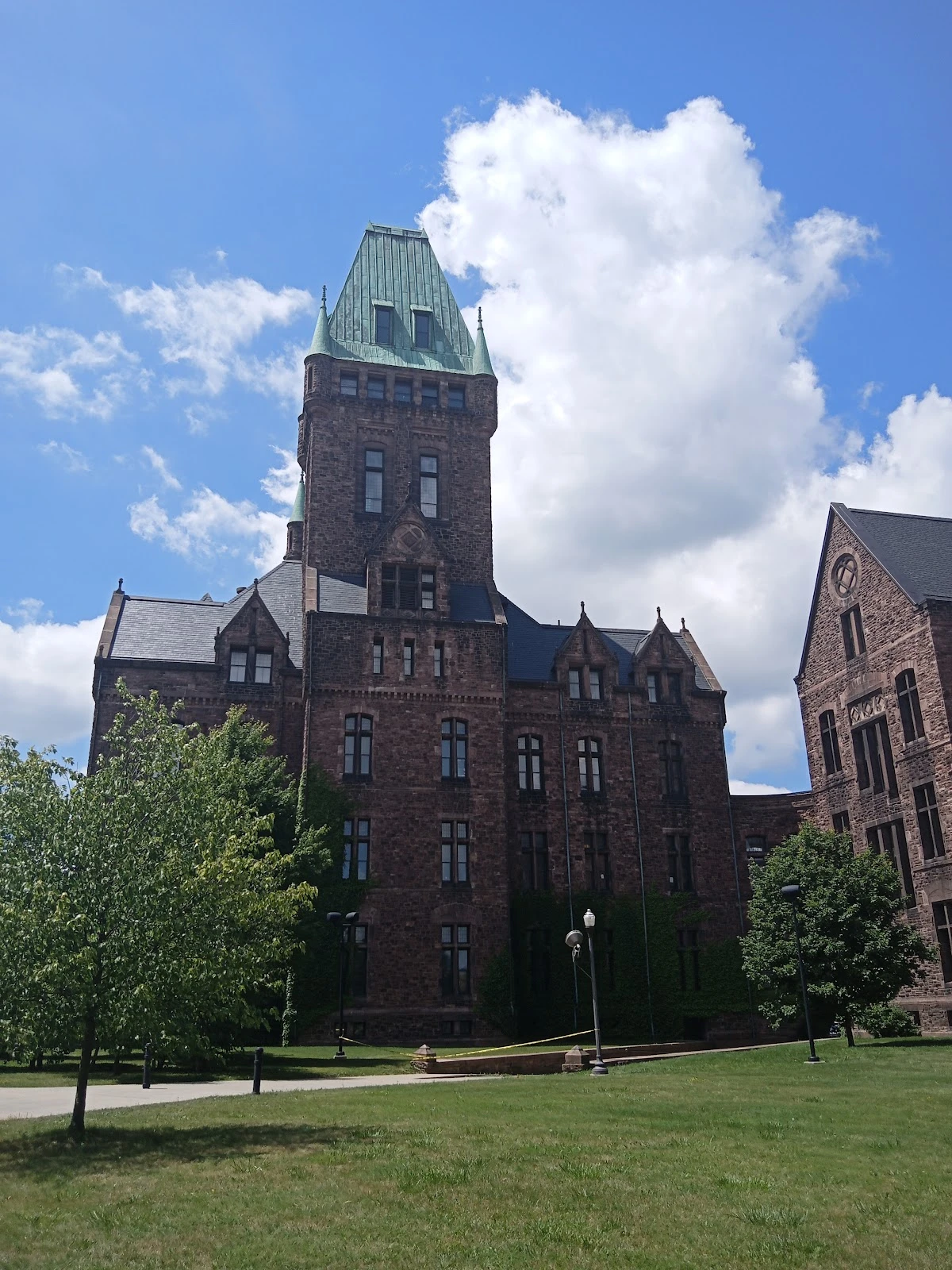Buffalo Psychiatric Center Information
Treatment
Who We Treat
- Young Adults (18–25)
- Adults
- Seniors/Older Adults
- Older Adults
- Male and Female
Approaches
- Group Therapy
- Cognitive Behavioral Therapy (CBT)
- Dialectical Behavior Therapy (DBT)
- 1-on-1 Counseling
- Medication-Assisted Treatment (MAT)
- Nutrition Counseling
- Life Skills Training
Conditions We Treat
- Co-Occurring Disorders
Languages
- English
Aftercare
- Outpatient Treatment
- Support Meetings
Level of Care
- Outpatient
Experience
Smoking and Vaping Policy
- Smoking Not Allowed
- Vaping Not Allowed
Accreditations
-
The Joint Commission
The Joint Commission, previously known as JCAHO, is a nonprofit organization that accredits rehabilitation organizations and programs. Established in 1951, its mission is to enhance the quality of patient care and showcase excellence in healthcare delivery.

Additional Locations
Buffalo Psychiatric Center Accepts The Following Insurance Plans
Find the best treatment options. Call our free and confidential helpline today!













